India on Saturday rejected criticism by foreign countries over the row over Muslim girls attending schools wearing headscarves as “motivated comments” on internal matters, and said the matter is being examined by the state high court.
A statement issued by external affairs ministry spokesperson Arindam Bagchi referred to comments by “some countries” on the dress code in educational institutions in Karnataka but didn’t name any particular country.
The statement was issued hours after the US ambassador at large for international religious freedom, Rashad Hussain, said in a tweet that hijab bans in schools violate religious freedom and stigmatise women and girls.
Bagchi said in his statement, “A matter regarding dress code in some educational institutions in the state of Karnataka is under judicial examination by the…High Court of Karnataka. Our constitutional framework and mechanisms, as well as our democratic ethos and polity, are the context in which issues are considered and resolved.”
He added, “Those who know India well would have a proper appreciation of these realities. Motivated comments on our internal issues are not welcome.”
Karnataka has been rocked by the issue, with Muslim girls seeking to assert their right to wear the hijab in educational institutes. The row originated when a group of students in one Karnataka college was barred in December last year from entering classrooms and told not to wear the hijab, a headscarf used by Muslim women. The isolated incident in one college snowballed into a major statewide issue and the controversy spread to some other colleges.
The Karnataka government on Friday night deferred the reopening of educational institutes though the high court, in an interim order, advised authorities to open schools and colleges shut since Wednesday. The state government said the closure will be extended to February 16 as a precautionary measure, though examinations will be held as scheduled and online classes will continue.
The high court’s interim order also restrained students from wearing saffron shawls or hijabs or displaying religious flags within classrooms.
The US envoy for international religious freedom, who assumed office last month, tweeted about the issue of religious freedoms on the same day that external affairs minister S Jaishankar held bilateral talks with US secretary of state Antony Blinken in Melbourne after both leaders participated in a meeting of foreign ministers of the Quadrilateral Security Dialogue or Quad.
“Religious freedom includes the ability to choose one’s religious attire. The Indian state of Karnataka should not determine permissibility of religious clothing. Hijab bans in schools violate religious freedom and stigmatize and marginalize women and girls,” Hussain said in his tweet.
Religious freedom includes the ability to choose one's religious attire. The Indian state of Karnataka should not determine permissibility of religious clothing. Hijab bans in schools violate religious freedom and stigmatize and marginalize women and girls.
— Amb. at Large for International Religious Freedom (@IRF_Ambassador) February 11, 2022
Hussain, who earlier served as former president Barack Obama’s special envoy to the Organisation of Islamic Cooperation (OIC), is the son of Indian-American immigrants. The US Senate voted overwhelmingly last December to confirm his nomination as the US ambassador at large for international religious freedom.

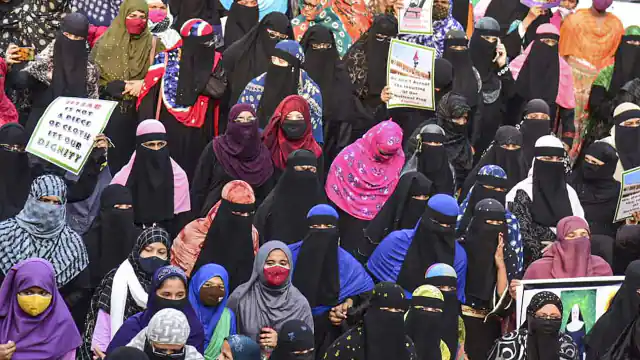

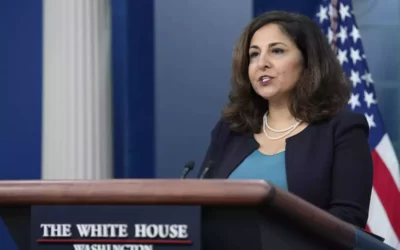
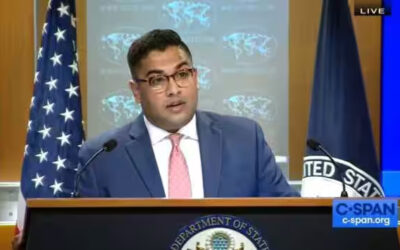
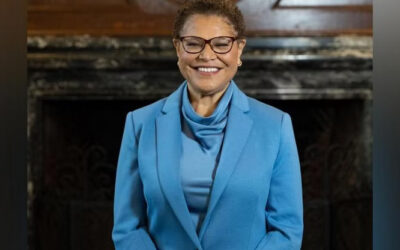
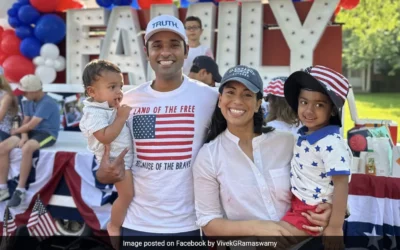
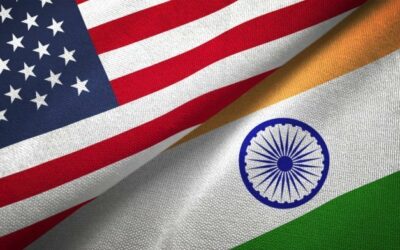
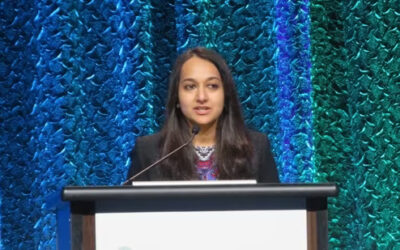
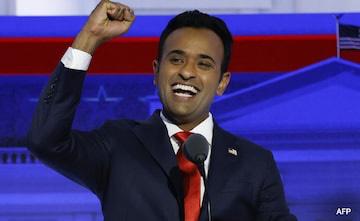
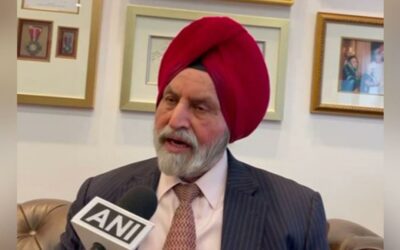

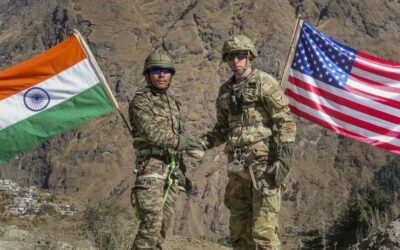
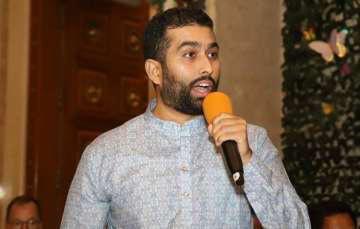





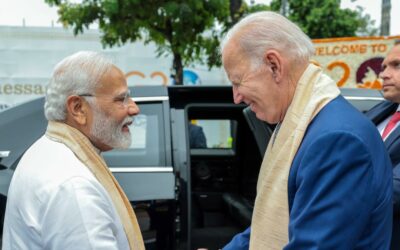

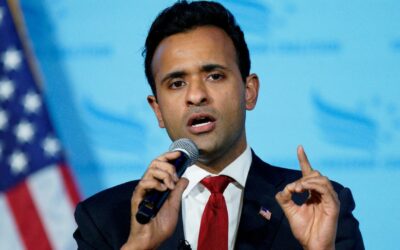
0 Comments